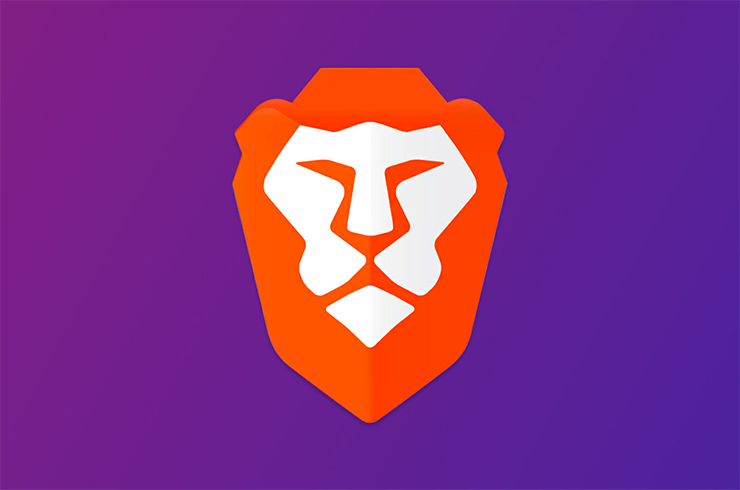


Brave also allows users to block things like trackers and cookies. Users can then use BAT to tip publishers or exchange it for cash. For example, it already rewards users who view advertisements with its native token, the Basic Attention Token (BAT). That fits well with the ethos of Brave, which already aims to put control into users’ hands.

“Now anyone with an internet connection can access this critical information through IPFS on the Brave browser.” “Today, Web users across the world are unable to access restricted content, including, for example, parts of Wikipedia in Thailand, over 100,000 blocked websites in Turkey, and critical access to COVID-19 information in China,” she said via a press release. That especially goes for Web users in countries with blocked websites, pointed out IPFS Project Lead Molly Mackinlay. According to Protocol Labs, the makers of IPFS, the peer-to-peer protocol saves bandwidth, improves internet connectivity, and makes it easier to keep content online. The IPFS is a decentralized system for sharing files in which websites are hosted not by companies but by other IPFS users running nodes. Our CTO and co-founder details the work our team has done for the first deep integration of its kind.


 0 kommentar(er)
0 kommentar(er)
